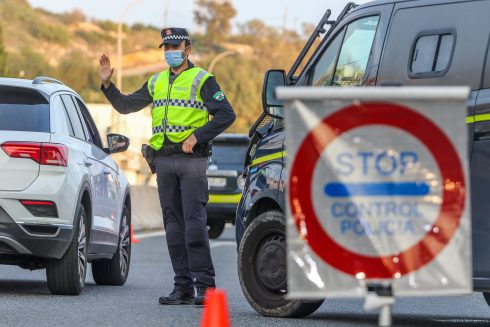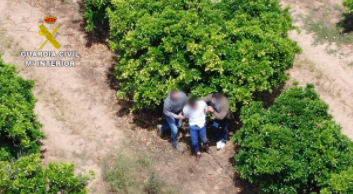SPAIN’S government will pass responsibility for coronavirus restrictions on to the country’s 17 autonomous regions when the State of Alarm expires next week, Deputy Prime Minister Carmen Calvo said on Tuesday.
The emergency decree brought in last October to provide a legal framework in order to impose strict COVID-19 measures, expires on Sunday.
After that regional authorities will be able to set up curfews and impose border restrictions or municipal lockdowns if they seek permission from local courts, Calvo said.
“Regions can justify, argue, propose measures to tribunals curfews or lockdowns that limit rights and freedoms, but they need a judicial authorisation,” she told a news conference on Tuesday.

The regional governments can use a 1986 public health law as the basis for coronavirus restrictions, as it permits them to adopt “the measures that they consider necessary” in order to control transmissible diseases but these can be challenged in the local courts.
If a local court rejects imposing measures proposed by a regional government, it could appeal to the Supreme Court, which would then set up precedents applicable to all regions.
Some regions with high infection rates, including the Basque Country, Galicia, Castilla y León and Castilla-La Mancha, have already lobbied the central government to extend the State of Alarm so that they continue to have the authority to impose restrictions on movement.
It is as yet unclear what measures each region will decide to impose once the State of Alarm is lifted.
READ ALSO:
- Spain’s Andalucia to study this Wednesday new measures to be implemented after the state of alarm ends
- Night curfew set to stay in Costa Blanca and Valencia areas even when Spain’s State of Alarm ends
- Murcia’s leader says ‘nobody knows what will happen’ after State of Alarm ends in Spain next month
Click here to read more Coronavirus News from The Olive Press.








